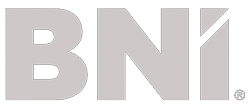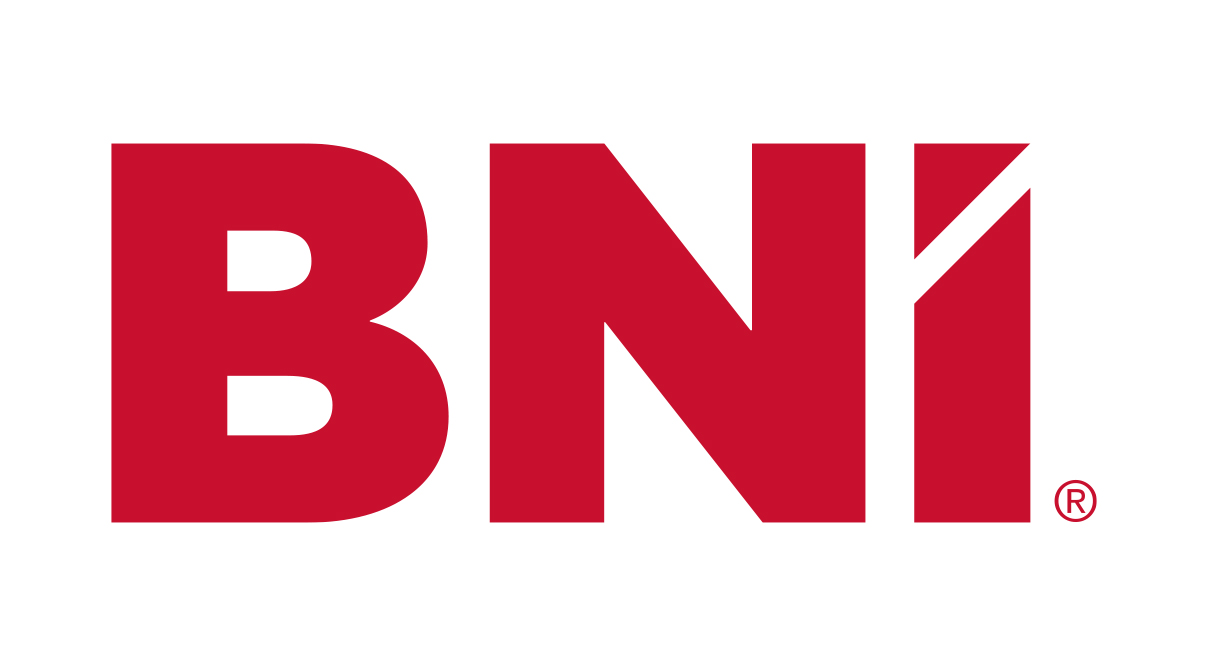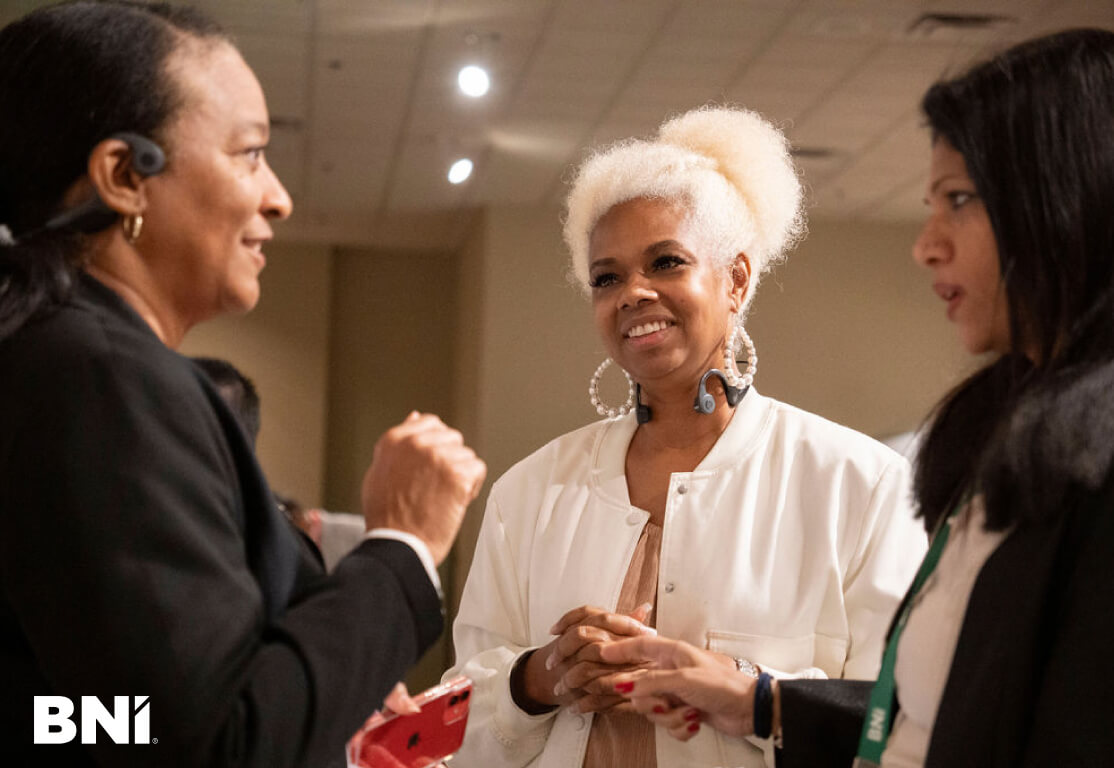In BNI, we believe in the power of referrals. So much so, that oftentimes, our chapters will consider the L-word to be akin to profanity.
The L-word, of course, is leads.
As new members come into our chapters, something we hear time and again during trainings is, “I’m used to giving leads to people in networking groups. My fellow members don’t want me to give them leads. I don’t get it – what is the difference between a lead and a referral?”
Leads are contacts that, generally, are not expecting a call. These prospects are basically cold calls, but you have reason to believe they may actually be interested in your service because a mutual connection may be aware of particulars in their lives.
A referral, on the other hand, is a true opportunity to sell your product. These are people that a friend or associate told about your services and they expressed interest. When you call a referral, they will already know who you are, what you do, and in the best cases, may be expecting your call already.
A common misconception about the difference between leads and referrals is that many believe a referral is a guarantee to do business. This is not the case – as always, your business is your responsibility. Meaning, once a referral source has given you the name of someone to contact, it’s up to you to do the rest. A referral is an open door to put your best foot forward.
BNI Members regularly rate referrals based on their heat, or how much involvement they have put into preparing the referral for you. The closer to close a referral is, the more education on you and your business the contact has received, the hotter it is. Qualified referrals like these have been previously vetted by the person giving the referral, and there is reason to believe the product or service is desired by the potential customer.
How can you ensure that you are passing qualified referrals to your networking partners? Check out the below checklist to convert a potential lead into a referral for someone in your circle.
- -When someone in your life expresses to you that they may be interested in a product or service, have a conversation with them to determine if their needs fit the services offered by the organization you have in mind.
- -If the needs do fit, share with the potential referral that you know someone who may be a fit to help them and explain how you know your referral partner.
- -If the potential referral appears receptive to this connection, ask if you can share their contact information.
When sharing referrals with your networking group, never pass along the contact information of someone who has said they do not want to be connected with your network. These individuals are not necessarily even leads, because until other cold calls, this person will remember telling you that they weren’t interested, and this can negatively impact your relationship.






